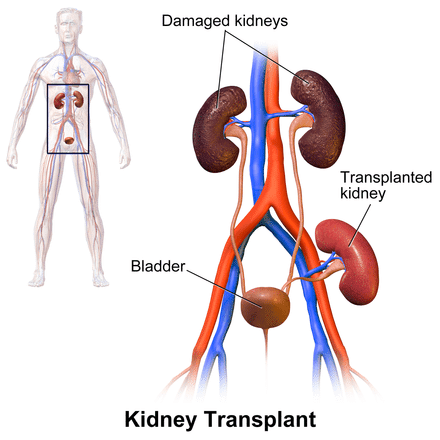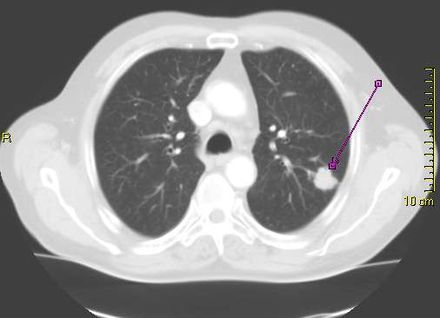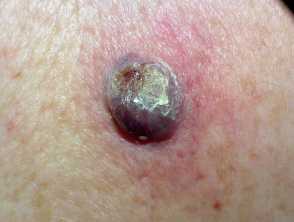 If you've been in a scrape and your noggin took a knock, playing it tough and shaking it off isn't the way to go. A traumatic brain injury (TBI), even one that seems no biggie, can be sneaky. At first, you might feel fine, but your brain's had a jolt, and it needs a look-over. Ignoring it? Bad move. That little headache or dizziness might be your brain's way of saying, "Hey, I'm not okay." Small signs like mood swings, sleep changes, or even just feeling "off" can be the early whispers of something bigger brewing. It's like ignoring a weird noise in your car's engine—let it go and you might just find yourself broken down on the highway of health.
If you've been in a scrape and your noggin took a knock, playing it tough and shaking it off isn't the way to go. A traumatic brain injury (TBI), even one that seems no biggie, can be sneaky. At first, you might feel fine, but your brain's had a jolt, and it needs a look-over. Ignoring it? Bad move. That little headache or dizziness might be your brain's way of saying, "Hey, I'm not okay." Small signs like mood swings, sleep changes, or even just feeling "off" can be the early whispers of something bigger brewing. It's like ignoring a weird noise in your car's engine—let it go and you might just find yourself broken down on the highway of health.The Domino Effect of Ignoring Symptoms
Let's talk about what happens if you shrug off those symptoms. A tiny injury can start a chain reaction. Before you know it, you could be dealing with big-time problems like memory issues, serious concentration hiccups, or even long-term disabilities. And here's the kicker: these troubles don't always show up on day one. They can sneak up on you, turning from "I'm fine" to "Why can't I remember my passwords?" in no time. Think about it—your brain runs the show, so even a small glitch can throw off the whole performance.
(more…)




























